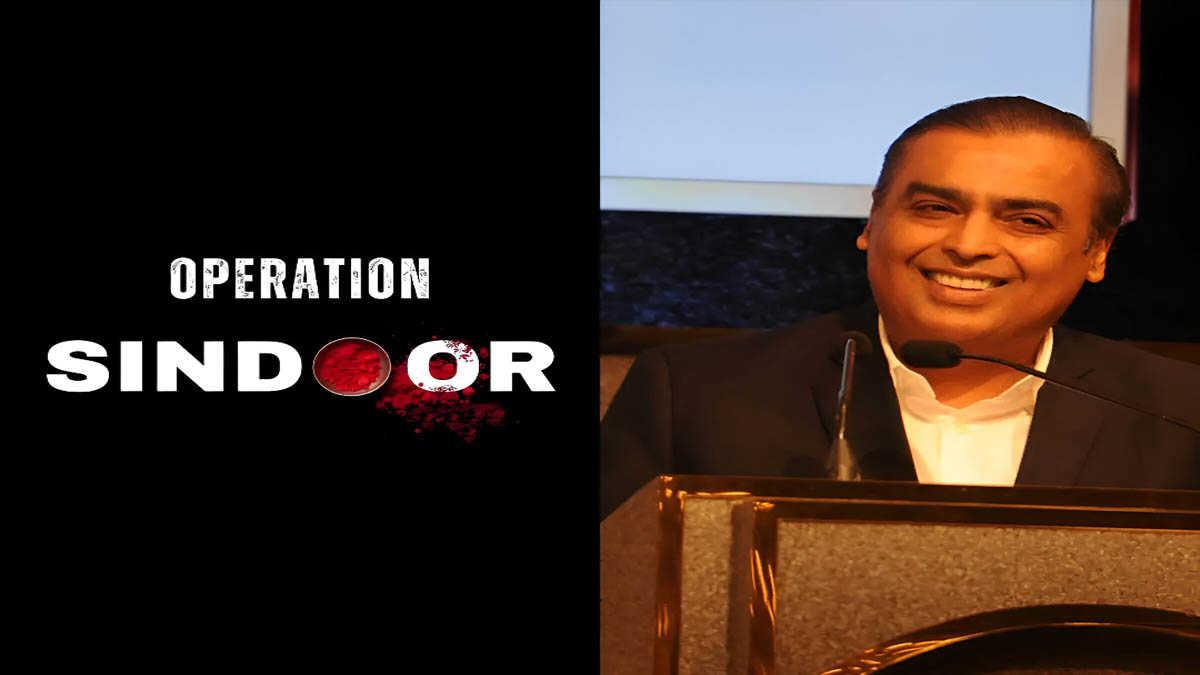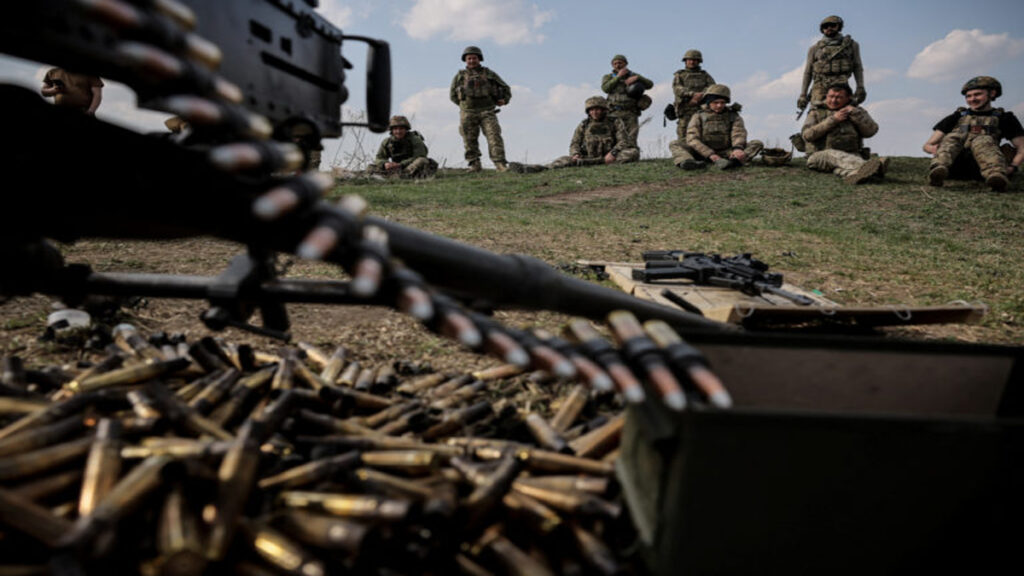Now Reading: Reliance Backtracks: Withdraws ‘Operation Sindoor’ Trademark Application Amid Public Discourse
-
01
Reliance Backtracks: Withdraws ‘Operation Sindoor’ Trademark Application Amid Public Discourse
Reliance Backtracks: Withdraws ‘Operation Sindoor’ Trademark Application Amid Public Discourse

In a swift turn of events, Reliance Industries has announced the withdrawal of its trademark application for the term “Operation Sindoor,” the codename for India’s recent military action. The move comes barely a day after news of the application surfaced, sparking widespread discussions across the nation regarding the propriety of commercializing a term deeply associated with national security and the bravery of the armed forces.
In an official statement released earlier today, the conglomerate clarified that the trademark application was filed “inadvertently by a junior person without authorisation.” The statement further emphasized Reliance’s respect for the significance of the term, asserting that the company has “no intention of trademarking Operation Sindoor, a phrase which is now a part of the national consciousness as an evocative symbol of Indian bravery.”
The application, filed under Class 41 of the Nice Classification, which includes entertainment, education, and media services, had triggered immediate debate. This category often encompasses the creation and distribution of films, television series, online content, and other media. The timing of the application, submitted shortly after the official announcement of Operation Sindoor, led to speculation about potential commercial ventures capitalizing on the operation’s name and the strong national sentiment surrounding it.
Reliance’s statement sought to dispel any such intentions. “Reliance Industries and all its stakeholders are incredibly proud of Operation Sindoor, which came about in response to a Pakistan-sponsored terrorist attack in Pahalgam,” the company stated. “Operation Sindoor is the proud achievement of our brave Armed Forces in India’s uncompromising fight against the evil of terrorism. Reliance stands fully in support of our Government and Armed Forces in this fight against terrorism. Our commitment to the motto of ‘INDIA FIRST’ remains unwavering.”
Interestingly, Reliance was not the sole entity seeking to trademark the term. Reports indicate that at least three other applications were filed on the same day by a Mumbai resident, a retired Indian Air Force officer, and a Delhi-based lawyer, all under the same Class 41. These simultaneous filings underscored the immediate recognition of the term’s potential resonance and the rush to secure its exclusive commercial use.
Legal experts had earlier pointed out that while the names of military operations are not automatically protected under Indian trademark law, the Trademark Registry has the authority to reject applications that could be misleading, cause public confusion, or be offensive to public sentiment. The intense public reaction following the revelation of Reliance’s application likely played a significant role in the company’s decision to withdraw it.
The withdrawal marks a sensitive understanding of the public’s sentiment and the delicate nature of national security matters. It also highlights the growing awareness and scrutiny surrounding the intersection of commercial interests and events of national importance. While the legal avenues for such trademarking exist, the ethical considerations and potential for public backlash remain crucial factors for corporations to navigate.
With Reliance stepping back, the fate of the other “Operation Sindoor” trademark applications remains uncertain. The Trademark Registry will now likely consider these applications in light of the public discourse and the inherent significance of the term. This episode serves as a potent reminder of the power of public opinion and the importance of aligning commercial endeavors with national values and sensitivities.










